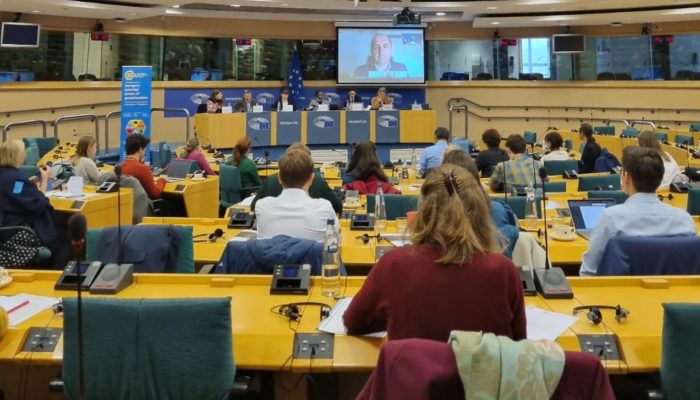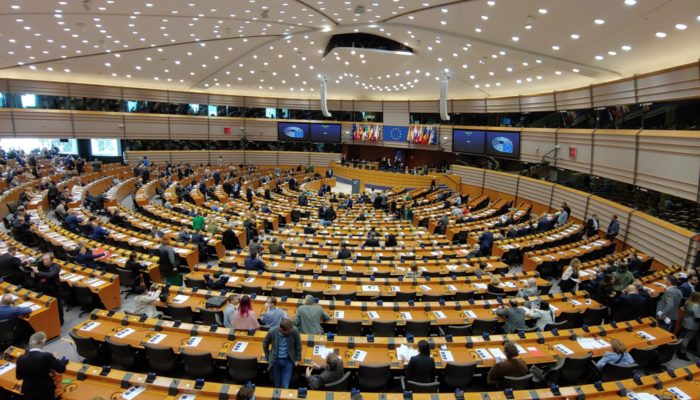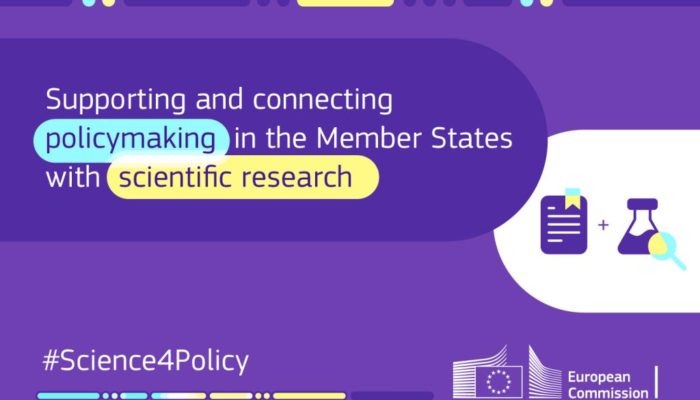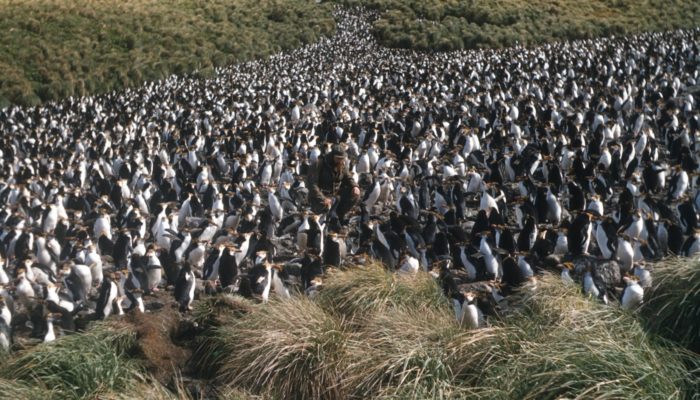The EGU’s annual Science-Policy Pairing Scheme connects a selected EGU member with a Member of the European Parliament to promote evidence-informed policymaking and encourage stronger science-policy partnerships! In November 2022, EGU Member of Manchester Metropolitan University Elias Symeonakis was paired with the selected Member of the European Parliament, Norbert Lins, an MEP representing Germa ...[Read More]
GeoPolicy: 5 ways for scientists to take the lead on evidence-informed policymaking

On 15 November 2022, the EGU and the European Parliament Intergroup on ‘Climate Change, Biodiversity and Sustainable Development’ jointly coordinated an event, ‘Supporting the EU’s Biodiversity Targets by Bridging the Science-Policy Divide’. The event highlighted how science could be used to support the ambitious targets outlined in the EU Biodiversity Strategy for 2030 and proposed EU Nature Rest ...[Read More]
GeoPolicy: A new step to build robust science-for-policy ecosystems in Europe
On 25 October, The European Commission published a Staff Working Document that aims to help Member States build capacity to use scientific knowledge more effectively in their policymaking processes. This month’s GeoPolicy Blog post provides a summary of the Staff Working Document that outlines key science for policy challenges and the EU instruments, resources and policy frameworks that can help M ...[Read More]
GeoPolicy: Building stronger and more diverse communities at the science-policy interface
There are numerous reasons why we should want to build stronger and more diverse scientific communities. Greater inclusivity leads to innovation, expands the pool of ideas, broadens perspectives, and encourages more people to engage. Strong and diverse scientific communities allow us to go beyond the information we can produce on our own and scale our research outcomes. But one reason not often ci ...[Read More]



